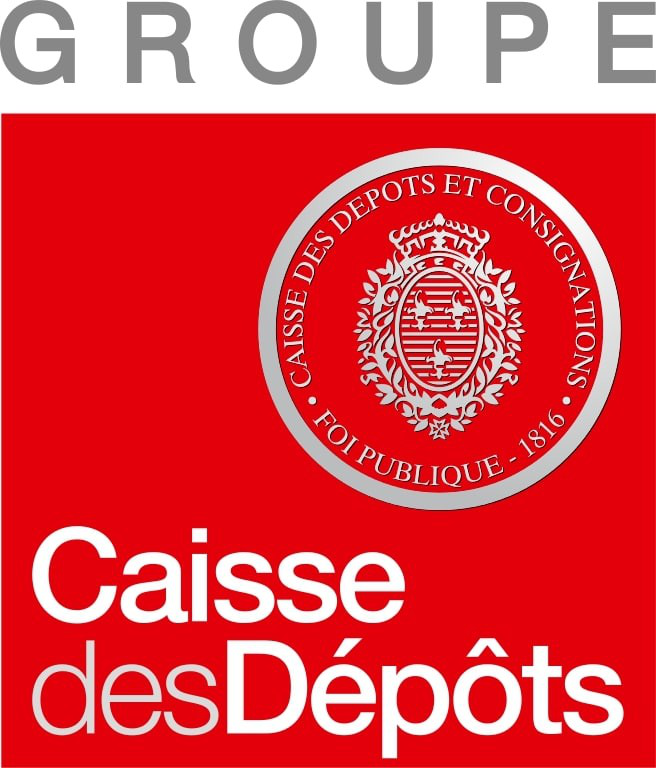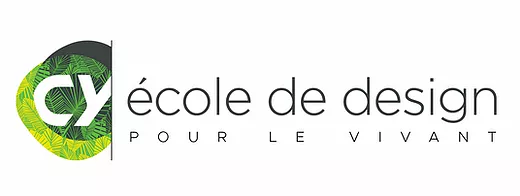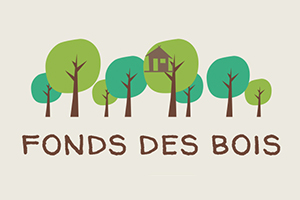About
Published : Pied-de-page |
In 2006, the Centre Pompidou, after the impulse of the philosophe Bernard Stiegler, created the Institute for Research and Innovation (Iri), to anticipate the mutations of cultural supply and demand that new digital technologies would bring about. In August 2008, Iri acquired the status of independent research association which administrators are the Centre Pompidou, the Centre de Culture Contemporaine of Barcelone (CCCB), Microsoft France, Goldsmiths College, Tokyo University, Telecom Institute and Ensci.
By exploring the field of cultural and cognitive technologies, Iri aims since its creation to elaborate new forms of address to public in the cultural field and to develop cultural and scientific applications (particularly in the field of museums, of digital technologies for amateurs, researchers and artists that work in the sector of knowledge engineering, social networks and multimodal interfaces).
Iri’s research program joins three a theoretical axes of research (attention ecology, figures of the amateur and mutations of the industrial world and design issues) with three technological axes of research (Knowledge engineering and data engineering in critics devices, collaborative technologies and social networks, multimodal interfaces and motility in cultural uses).
Two years of work within the Centre Pompidou allowed the implementation of the Institute’s three main activities (R&D Workshops, Resident’s college, Critics space) and the building of a research program in close connection with the program of the Centre Pompidou (notably on the exhibits Victor Erice / Abbas Kiarostami: Correspondence and Traces du Sacré).
Iri’s present researches are focused on two developing projects: the audio/video stream annotation softwar Lignes de Temps and the collaborative board L’Amateur. The main collaborative projects of Iri are the ANR/Cap Digital Cine Lab project (film annotation and tag sharing on workstations, websites and mobile devices), the MEDIA 2007 Glitner project (exchange site between film producers and VoD board), and THD Cap Digital board project (french) (services and content on very-high speed networks experimentation).
Iri’s research program is developing mainly in field of cultural and cognitive technologies for address to public. This, in the emerging context of Web 2.0 and social network, but also in order to prefigure the technologies of the Web 3.0, designed as collaborative production and sharing devices within amateur societies. This hypothesis is at the heart of the future of all cultural uses. However, it concerns a larger field. The truth is, the point is to turn the field of culture in a laboratory in order to think the evolution of the consumer society. This evolution started in the early XXth century and head toward a society based on new communication forms (that lean on cooperation).
Learn more :

 in english
in english en français
en français











